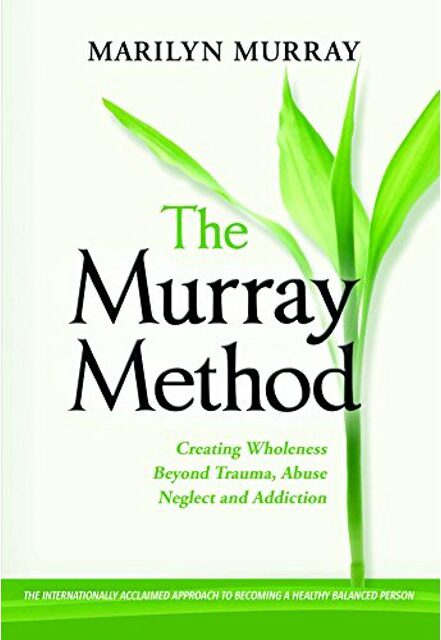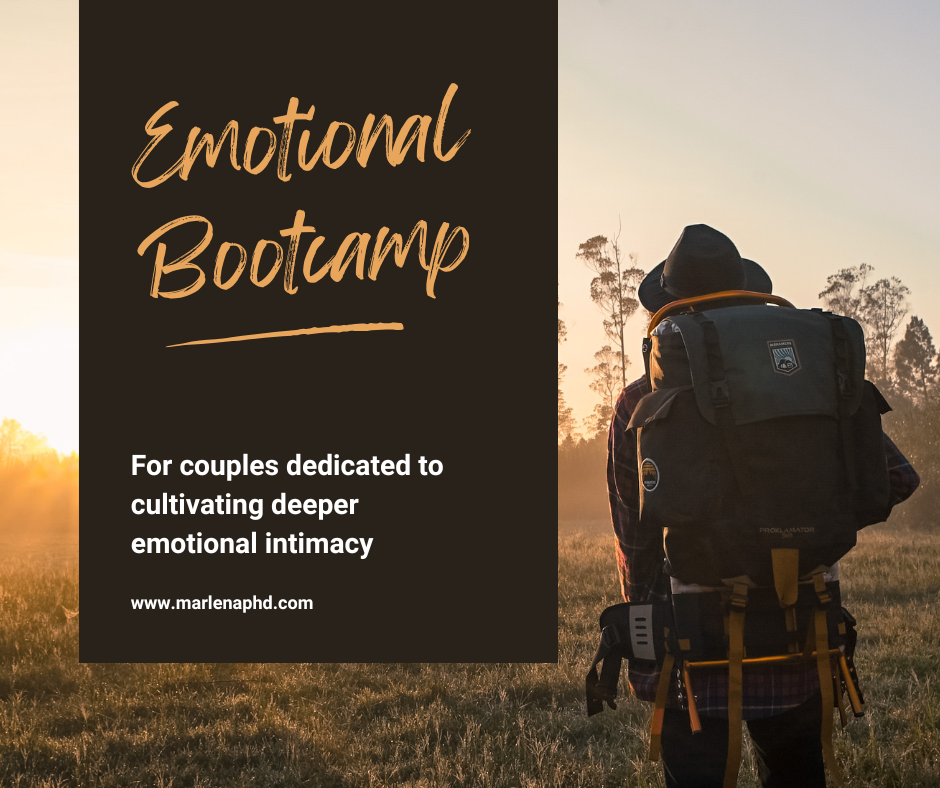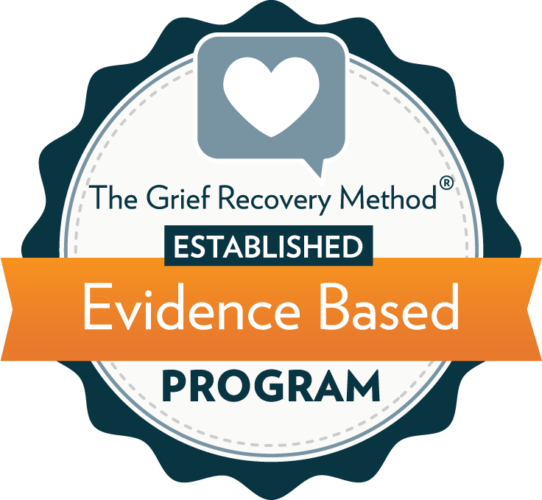Intensives
3-day intensive
Trauma Processing
The purpose is to help you create wholeness beyond trauma, abuse, neglect, addiction and other adverse life experiences to experience emotional healing.

During our work together you will:
- Receive easy-to-understand guidelines regarding how to become a Healthy Balanced Person: Physically, Intellectually, Emotionally and Spiritually
- Learn how to begin the healing from your adverse life experiences by effectively and safely accessing and releasing them
- Understand your defense mechanisms and realize which should be retained and which should be eliminated
- Gain an understanding of your own inner process as you reclaim and restore the person you were designed to be
- Acquire clear guidelines and information on healthy personal and relational boundaries
- Find new empathy and compassion for others as you become aware of the commonality of pain in the lives of every person
Requirements:
- Commit to personal growth
- Be willing to address your issues and to be open and honest
- Be committed to work in sessions and at home
A couples’ intensive
Emotional Bootcamp
This in-depth work offers couples the opportunity to significantly enhance their emotional connection.

Dear Potential Couple,
I want to acknowledge the strength it takes to seek help. It’s a significant step towards building a more fulfilling relationship, one that requires both courage and a willingness to explore vulnerable aspects of yourselves.
I understand that you likely have hopes for positive change. It’s important to know that while this offers a powerful framework for growth, it also requires active participation and commitment from both of you. For our work to be most effective, I encourage you to identify specific goals for your individual growth within the relationship and to hold yourselves accountable for these goals. These goals will help us address the patterns that may be causing difficulties and help you feel more connected.
Sustaining meaningful change takes time and effort. It involves being willing to gently acknowledge and appreciate even small shifts in behavior and to express your feelings honestly, even when it feels uncomfortable. A powerful example of this might be saying, “I’m feeling really hurt right now, and instead of shutting down, I want to share my feelings with you.”
It’s a natural human tendency to focus on what you want your partner to change. However, lasting positive change often stems from each person’s willingness to look inward and adjust their own reactions and behaviors. Simply attending sessions is a starting point, but the real work happens when you actively engage in the process and apply what we discuss outside of our meetings. Think of it like joining a gym – the benefits come from actively working out.
As you contemplate beginning this journey together, I want to ask: Are you both ready to embrace the emotional challenges involved in building a stronger relationship? This means offering each other support, being open to guidance even when it feels difficult, and focusing on your own growth and reactions. We will celebrate every step forward, no matter how small, as we work collaboratively.
How does this sound to you both?
4-week intensive
Grief Processing
We’ll meet twice a week for four weeks. You are one click away from beginning your emotional healing.

Grief Recovery can be helpful in the midst of:
- Trauma (Trauma is the event or events that caused harm, while grief is the lingering feelings that remain.)
- Anxiety (Anxiety is a physical response to the fear of the unknown, triggered by emotions related to future or past events. The Grief Recovery Method helps grievers focus more on the present.)
- Depression (Depression is a physical response to events of the past. The Grief Recovery Method helps grievers focus more on the present and less on the past.)
- Fertility struggles (The Grief Recovery Method is designed to help you process the emotional buildup resulting from the loss of hopes, dreams, and expectations related to your efforts to conceive.)
- Pet loss (This is a time of heartache, as pets are often sources of unconditional love and companionship. The Grief Recovery Method is designed to help you address and complete the emotional aspects left unresolved by any loss.)
- Supporting a grieving child (The Helping Children with Loss class enables adults to recognize grief in children and equips them with the tools to guide children toward emotional recovery.)
